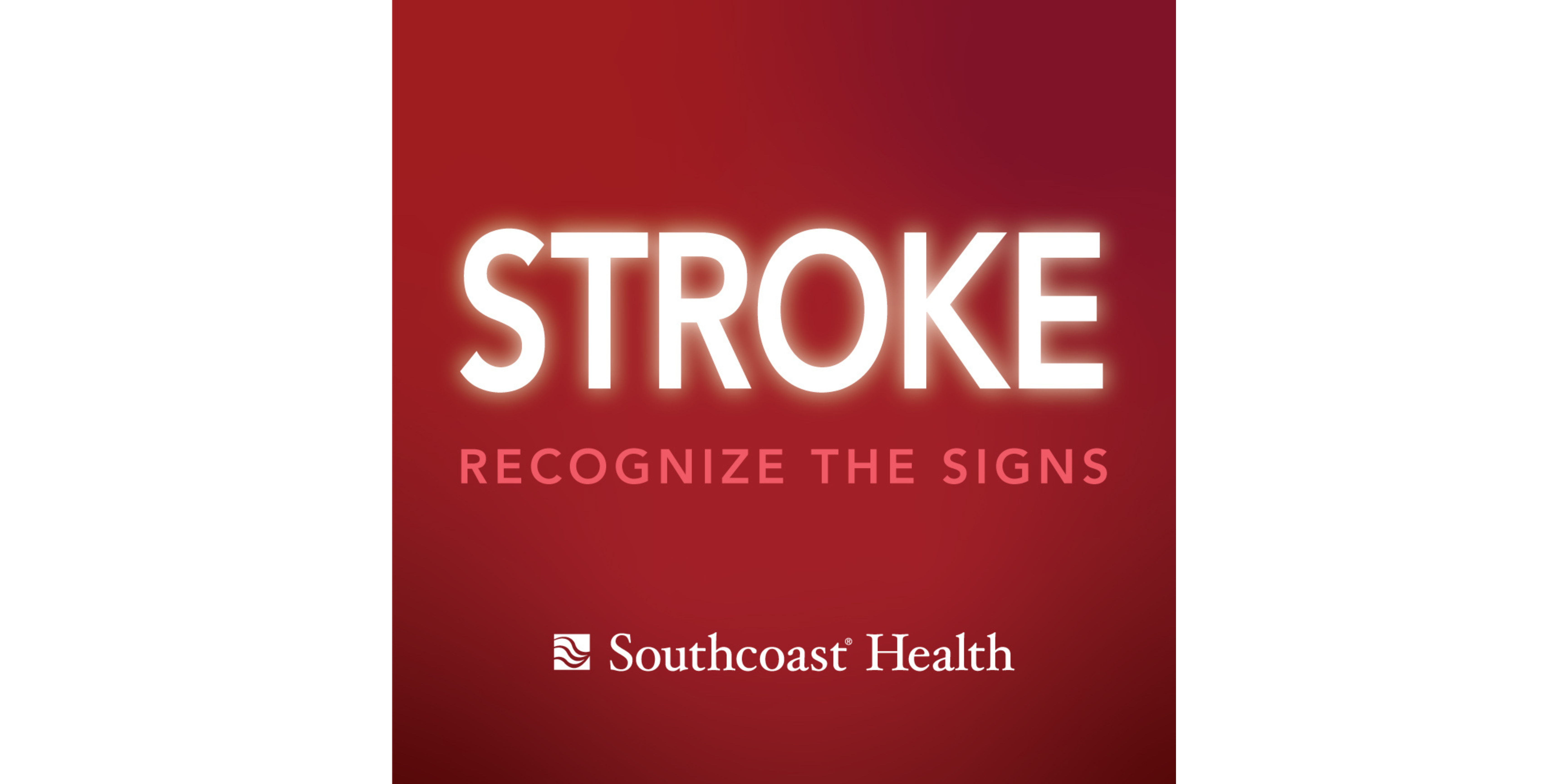Recognizing symptoms essential to treating stroke patients

“The sooner treatment begins, the better the patient’s chances of recovering function after a stroke,” says Dr. Daniel Sacchetti, Southcoast Health’s Stroke Director, who coordinates the efforts of many physicians and advanced care providers who diagnose and treat stroke patients.
May is Stroke Awareness Month, and prompt recognition of stroke symptoms — which can include abrupt visual changes, weakness or numbness in arms or legs, a drooping mouth, slurred speech, balance issues and confusion — and quickly bringing patients to medical attention provides the best chance at limiting damage, Dr. Sacchetti says.
There are two types of strokes — ischemic strokes, which result from blood clots blocking an artery that delivers blood to the brain and accounting for about 87 percent of strokes, and hemorrhagic strokes, caused by bleeding in the brain.
A close partnership is essential between hospital emergency department staff and emergency medical service (EMS) personnel who work for the region’s ambulance companies and who often must help physicians diagnose and begin treatment for stroke patients.
“Our ability to care for stroke patients is so dependent on close collaboration with ambulance crews,” agrees Dr. Sacchetti.
Dr. Sacchetti says Southcoast has partnered with EMS personnel to secure a grant from the state Department of Public Health to organize events designed to reach disenfranchised populations, including low-income residents, with information about how to prevent stroke and recognize its symptoms.
Southcoast medical staff and EMS personnel have used the grant to conduct blood pressure tests, distribute blood pressure monitors and American Heart Association cookbooks. This project is made possible through a collaboration with MORE Advertising.
According to Dr. Sacchetti, hypertension, diabetes, smoking, obesity, alcohol use, and heart disease are among the factors contributing to about 900 strokes a year that are treated at Southcoast hospitals. Adoption of a healthier lifestyle is the best thing people can do to prevent strokes.
Please visit Stroke Care Services MA | Southcoast Health for more information.

 Matt Guthrie
Matt Guthrie 